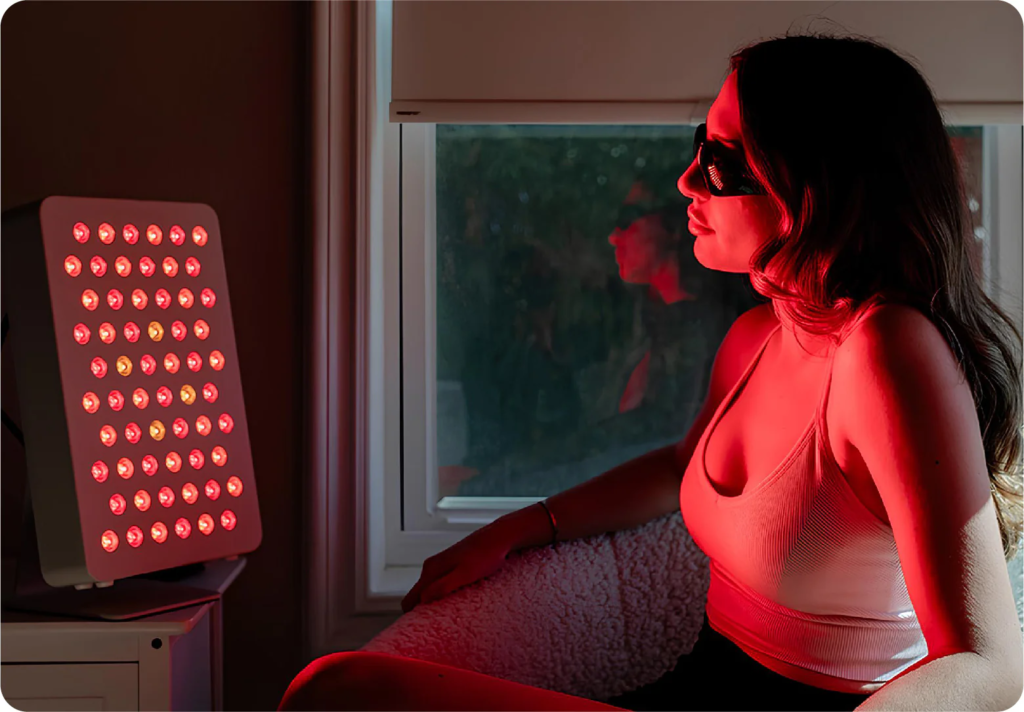
Sleep deprivation is a modern-day plague that affects millions of people worldwide. Whether you’re a student pulling all-nighters, a new parent up at all hours, or simply someone struggling with insomnia, lack of sleep can wreak havoc on your health and well-being.
Luckily, several sleep therapies can help you catch those much-needed Z’s. Here’s a rundown of some tried-and-true methods to help you snooze better.
Cognitive Behavioral Therapy for Insomnia (CBT-I)
CBT-I is a highly effective treatment that focuses on changing the thoughts and behaviors that keep you awake. CBT-I helps you develop good sleep habits and avoid behaviors that can interfere with sleep. It typically involves:
- Sleep restriction: Limiting the amount of time you spend in bed awake.
- Stimulus control: Associating the bed with sleep and sex only.
- Cognitive restructuring: Addressing negative thoughts about sleep.
Studies have shown that CBT-I can significantly improve sleep quality and duration. It’s a long-term solution that addresses the root causes of insomnia.
Relaxation Techniques
Relaxation techniques such as progressive muscle relaxation, deep breathing exercises, and meditation can help reduce the stress and anxiety that often contribute to sleep problems. These methods help calm your mind and prepare your body for sleep. Some popular relaxation techniques include:
- Progressive Muscle Relaxation: Tensing and then slowly relaxing each muscle group in the body.
- Guided Imagery: Visualizing a peaceful scene or experience.
- Deep Breathing: Focusing on slow, deep breaths to induce relaxation.
Incorporating these techniques into your bedtime routine can help you wind down and fall asleep faster.
Light Therapy
Light therapy is particularly beneficial for people with circadian rhythm disorders, such as delayed sleep phase syndrome. This therapy involves exposure to bright light at specific times of the day to help reset your internal clock. Key points about light therapy include morning versus evening light.
Morning light involves exposure to bright light in the morning that can help you wake up and feel more alert. Evening light reduces the exposure to bright lights in the evening which can help you feel sleepy at the right time.
Light therapy boxes are widely available and can be a great addition to your sleep routine if you struggle with irregular sleep patterns.
Aromatherapy
Aromatherapy uses essential oils from plants to promote relaxation and improve sleep. Some oils, like lavender and chamomile, are known for their calming properties. Ways to incorporate aromatherapy include:
- Diffusers: Adding a few drops of essential oil to a diffuser in your bedroom.
- Pillow sprays: Spraying a light mist of essential oil on your pillow before bed.
- Baths: Adding essential oils to a warm bath before bedtime.
- Massage: Scheduling monthly massages could help introduce your body to the oils.
Aromatherapy can create a soothing environment that helps you drift off to sleep more easily.
Sleep Hygiene
Improving your sleep hygiene is one of the simplest yet most effective ways to combat sleep deprivation. Although it isn’t a specific therapy, for some sleep-deprived patients, sleep hygiene is the main ticket to sleep quality. The hygienic portion refers to the habits and practices that are conducive to sleeping well. Here are some tips:
- Go to bed and wake up at the same time every day, even on weekends.
- Keep your bedroom cool, dark, and quiet.
- Avoid screens (phones, tablets, computers) at least an hour before bedtime.
- Avoid large meals, caffeine, and alcohol close to bedtime.
Good sleep hygiene can make a significant difference in your ability to fall and stay asleep.
Sleep deprivation doesn’t have to be a permanent part of your life. By exploring these sleep therapies and making small changes to your routine, you can improve your sleep quality and overall health. Contact the Alaska Sleep Clinic today for a free consultation on your way to a night of healthy sleep!










